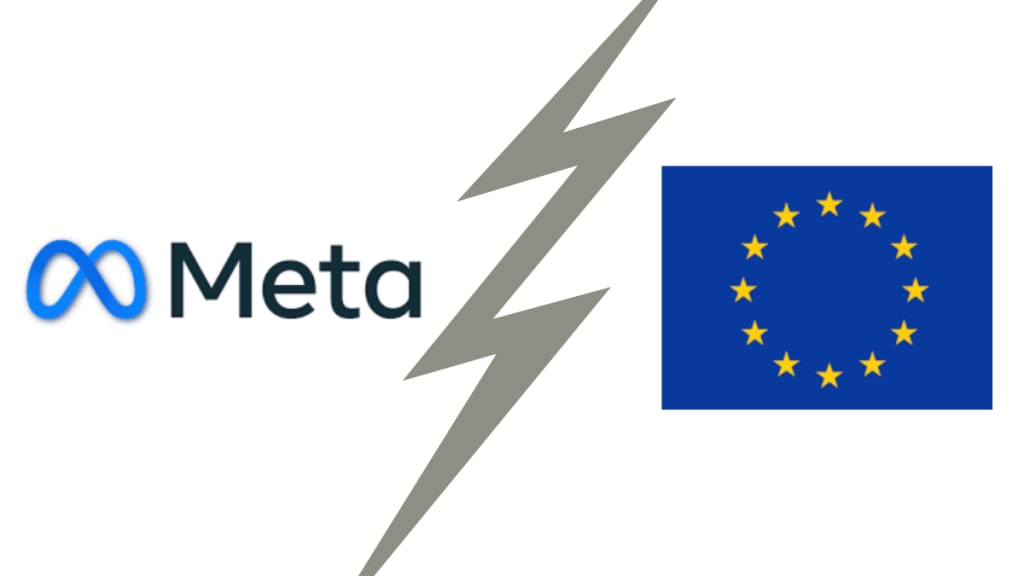In recent developments to the months-long beef between Meta and EU regulatory authorities, EU has asked Meta to address consumer fears over their ‘pay or consent’ model. With European consumer groups filing complaints to the Consumer Protection Authorities, the authority further warned Meta that the new roll out would prove to be unfair. Meta has till 1st September to reply.
Where did it all begin?
Meta’s Pay or Consent model represents a new approach to user data management and monetization within the digital ecosystem. When talks of users getting fed up with the amount of advertisements popping up on the free social media platform were in brew, the ‘Pay or Consent’ model offers users a choice: they can either pay for a premium experience without data tracking or consent to share their data in exchange for free access to services. This dual-option framework aims to address growing concerns over data privacy while providing a sustainable revenue stream for the company. Meta claims that through this model, they are letting the users decide the level of privacy that they want to adopt on the social media platform while also giving them an option to opt for a free model but at the condition of contributing to the company’s ecosystem through their user information. Furthermore, the Consumer Protection Cooperation also flagged a few concerns with the latest model of Meta. From what is understood, CPC claims that Meta is trying to confuse consumers with multiple connecting hyperlinks in terms and conditions compelling them to understand the complexities on their own. It also claims that Meta bans their consumers from using their accounts until they have decided on which option to choose in the model. This put consumers in a position where they had to make a swift decision between the two models, leaving them little time to evaluate the consequences.
The EU has stringent data protection regulations under the General Data Protection Regulation (GDPR), which aims to safeguard personal data and ensure user consent for data processing. Meta, formerly Facebook, has faced scrutiny for its handling of user data, including allegations of inadequate consent mechanisms and data breaches.
This is not the first warning that Meta receives from the EU. Earlier this month, the regulatory authority accused the US tech giant of violating the latest regulation rules. Even though Meta denies the allegations, if they are found to be breaching the rules, Meta will have to endure heavy fines by the authorities. This is also not the first time Meta is in crosshairs with the EU. Meta’s launch of Threads, an alternative for X (formerly known as Twitter) was also delayed due to the inspection of EU. Meta also claims that their launch of new AI models will also be potentially affected due to EU’s strict regulatory measures.
What are the implications?
Last year, the EU imposed a fine of 1.2 billion euros on Meta for not complying with their privacy framework. The ongoing conflict with Meta might lead to significant implications, including hefty fines that the tech giant will have to bear. Furthermore, EU’s concerns will compel Meta to redesign their models which will lead to heavy investments in R&D. Additionally, the scrutiny and regulatory pressure over Meta can lead to significant dent in the reputation of the company that might affect its relationship with customers.
Follow us on Twitter, Instagram, LinkedIn, Facebook
F


